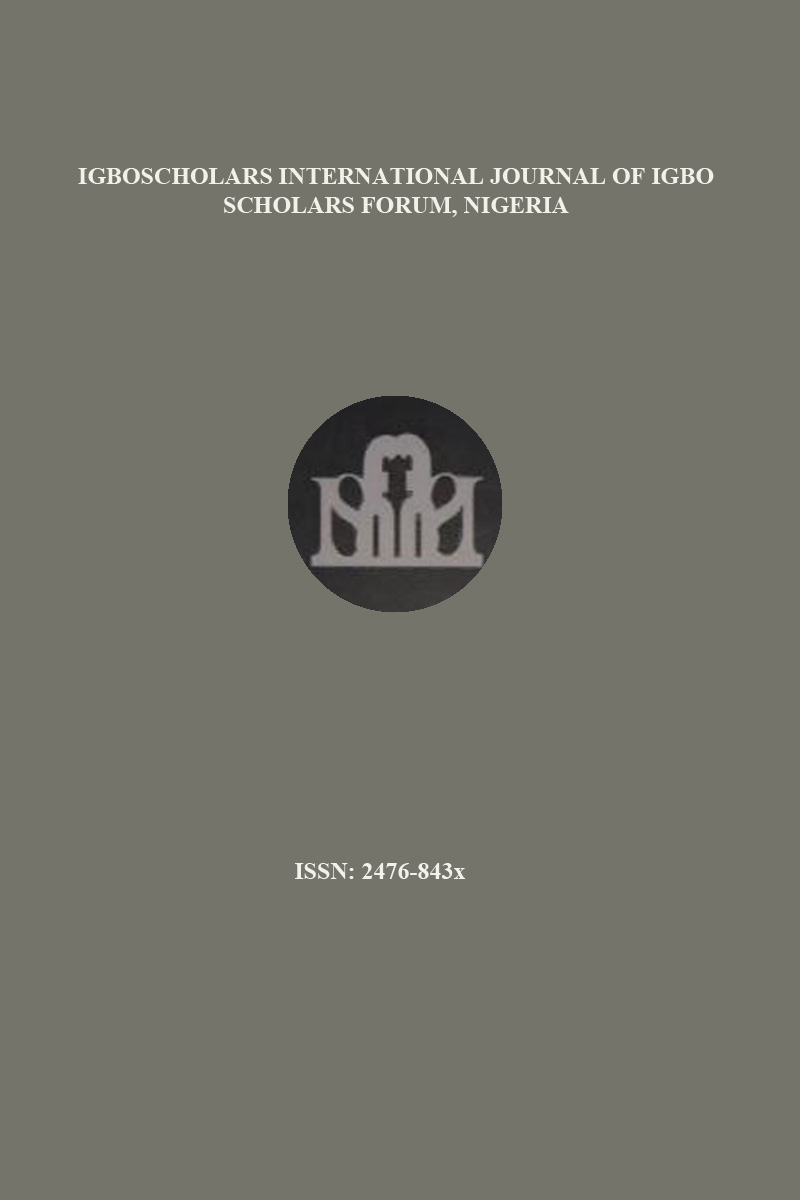ART, ACTIVISM, AND NATIONAL SECURITY: A CRITICAL ANALYSIS OF MODERN ART'S ROLE IN CHALLENGING AND SHAPING NATIONAL SECURITY POLICIES IN AFRICA
Abstract
With an emphasis on how modern artistic expressions question, critique, and impact national security policy throughout the continent, this study critically examines the relationship between modern art, activism, and national security in Africa. Modern artists have taken on more activist roles as a result of Africa's struggles with terrorism, sociopolitical upheaval, and human rights challenges. They use their artistic platforms to challengeofficial narratives, reveal structural inequalities, and promote change. The study uses a mixed-methods approach, integrating quantitative survey data from audiences and security experts in South Africa, Kenya, and Nigeria with qualitative content analysis of interviews with artists, policymakers, and cultural stakeholders. The Statistical Package for the Social Sciences (SPSS) was used to evaluate the quantitative data. Respondent impressions were summed up using descriptive statistics, and associations between demographic characteristics, exposure to activist art, and opinions regarding national security policies were also investigated using inferential methods such as chi-square testing, regression analysis, and ANOVA. The study intended to show how art serves as a dynamic tool for civic involvement and policy discourse in modern African countries, in addition to serving as a means of cultural expression.


